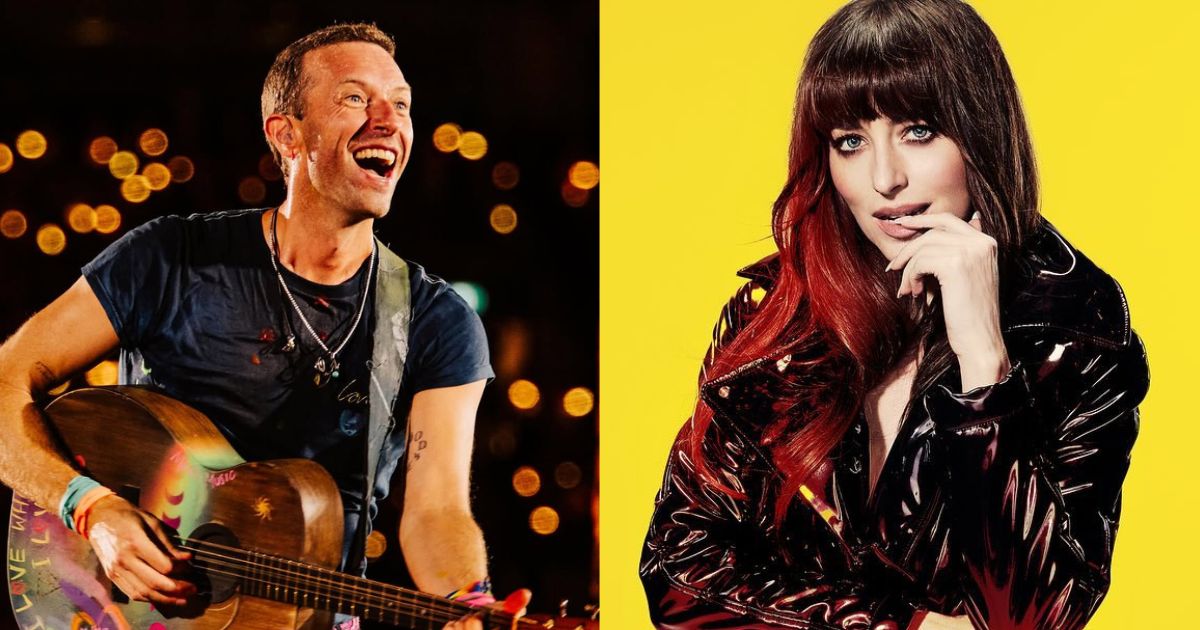
Upgrade to High-Speed Internet for only ₱1499/month!
Enjoy up to 100 Mbps fiber broadband, perfect for browsing, streaming, and gaming.
Visit Suniway.ph to learn
“People always do crazy things when they’re in love.” That’s what Meg told Hercules in the Disney movie after she pushed him to safety, saving him from the falling pillar and taking the hit herself.
You don’t have to be a Disney fanatic to relate to the feeling. Butterflies in your stomach, the quick jolt of kilig, pulling an all-nighter while grinning like a fool at your phone screen?
But it's not always the thrills and joys of being in love. How many crimes of passion have been committed in the name of love?
It’s undeniable: Love can make you a little crazy, even obsessive. Why is this?
The Biology of Love
Helen Fisher, a research professor and member of the Center for Human Evolutionary Studies at Rutgers, The State University of New Jersey, posits that romantic love is a natural addiction.
In 2005, she and her team looked at brain scans of people romantically in love and found brain regions high in dopamine were active when looking at pictures of their significant other versus pictures of acquaintances.
Two key brain regions lit up: the caudate nucleus and the ventral tegmental area (VTA).
The caudate nucleus processes rewards and helps form associations between actions and their outcomes, reinforcing behaviors that are likely to lead to positive results.
The ventral tegmental area (VTA), on the other hand, is a powerhouse of dopamine production. Dopamine, the "feel-good" chemical, is released when you experience something pleasurable or rewarding.
These areas are part of the brain’s reward circuit — a primitive system that operates below conscious thought and emotions. It's associated with motivation, wanting, and craving. It’s the same system activated by things like delicious food, sex, and even drug use.
In fact, romantic love stimulates the same brain region as cocaine. But while the cocaine rush lasts for a few seconds, the "high" from romantic love can engulf you for months or even years. Unlike cocaine, love doesn't fade quickly—it drives you to obsession.
Many songs aptly capture this. “Every move you make, every step you take, I'll be watching you"? “Sa umaga’t sa gabi sa bawat minutong lumilipas, hinahanap hanap kita"? You get the drift.
Just like an addiction to substances, romantic love has a way of making you crave that person. And here’s the kicker: that craving doesn’t just go away when it ends — it can actually get worse after you’ve been dumped.
Heartbreak and the Brain
If you’ve ever been dumped or gone through an unwilling breakup, you know how hard those first few months can be. The advice is always the same: “Move on.” But how when your brain doesn’t always cooperate?
Many people even report cycling through the five stages of grief — denial, anger, bargaining, depression, and acceptance (DABDA) — during a breakup.
You try your best to move on, to push them out of your mind, but somehow, they’re everywhere.
The radio plays your song, almost like a cruel coincidence.
You catch the faintest whiff of their perfume, and suddenly, your heart skips a beat.
You spot a car in the same kind and color as theirs, and for a fleeting moment, you hope it’s them.
It’s not just your emotions playing tricks on you. Heartbreak runs deep, and your brain is part of the reason why it’s so hard to let go.
The same study by Fisher also looked at brain scans of recently dumped individuals. Her team found that heartbreak lights up three key areas of the brain, all contributing to the intense, obsessive feelings you can’t seem to shake.
The first is the same brain region responsible for intense romantic love.
The brain’s system that controls focus, desire, and craving goes into overdrive when you’re denied something you deeply want, in this case, the partner who just dumped you.
It’s the reason you can’t stop thinking about your ex—your brain is wired to want what it can’t have.
When this system is active, it fuels an almost obsessive energy and focus, making you fixate on the lost relationship. In fact, this is the same brain region that becomes hyperactive in people with substance addiction when they’re craving their next fix.
The second area is the nucleus accumbens, a brain region that calculates risks and rewards. If you’ve ever swung wildly between “It’s their loss” and “They’re the best thing that ever happened to me,” you can thank this part of your brain.
It’s also the reason you replay every detail of your last conversation, wondering what went wrong and obsessing over what you could have done differently.
Cue Bruno Mars’ “When I Was Your Man.”
This region doesn’t stop there. It’s also involved in risky decision-making. Ever composed a late-night drunk text, ready to hit send on something dramatic, hoping for a response? That’s your nucleus accumbens convincing you to do it.
Finally, there’s the brain region associated with deep attachment to another person. This area, the glue that forms emotional bonds, is still active even after the relationship ends. It’s why, even after you’ve broken up, you still feel tethered to them. Letting go becomes a monumental task because your brain is holding on to the emotional tie.
Romantic Love as an Addiction
Romantic love feels so much like an addiction. There’s tolerance: What you have is never enough. You constantly need more and more of them.
When they’re gone, withdrawal sets in. You crave them, and you’re willing to risk everything just to see or talk to them again.
And then there’s the most frustrating part of moving on: relapse. You’ve been doing fine for months, steadily moving forward. But then, out of nowhere, your song plays on the radio, and it’s like a wave crashing over you. Suddenly, all those memories rush back. And it’s not just the memories; the longing and craving for them return with an intensity that catches you off guard, as if no time has passed at all.
So, why do we do crazy things when we’re in love? It’s not just emotions; it’s biology. Love taps into the most primal parts of our brain, activating the circuits that drive our deepest cravings and desires.
While it can make us feel euphoric, obsessive, or even a little unhinged, it’s also a testament to how deeply wired we are for connection. Love, with all its highs and lows, is what makes us human.
Want more stories like this? Sign up to The Boost, GMA News Online's health and wellness newsletter. Input your email address, head over to your email, and confirm your address!
— LA, GMA Integrated News

 3 months ago
20
3 months ago
20
_2025_06_09_13_36_26.jpg)


